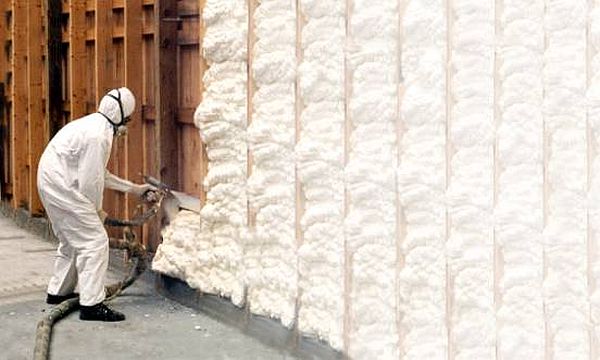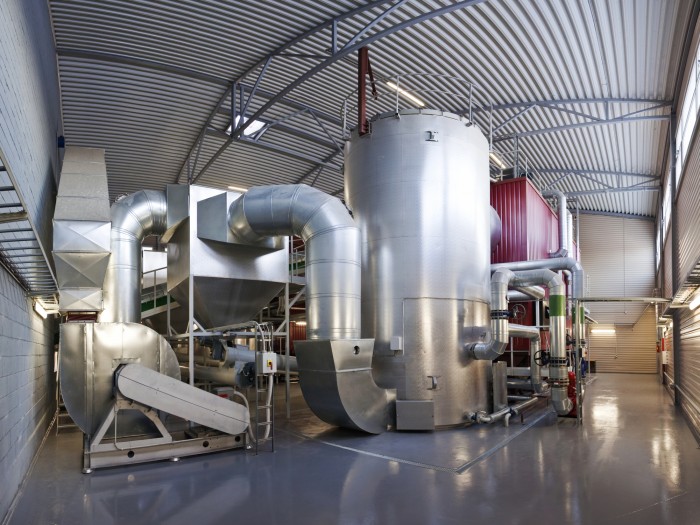As the news constantly bombards us with woeful tales of worsening weather patterns, droughts and the increased health risks associated with living in a polluted city, there seems little doubt that global warming is real. And it’s not uncommon for people to shrug their shoulders, as if there’s nothing they can do to alleviate the problem, when actually they can. If every home and business in the UK made a few, reasonably simple changes, the effect could be dramatic. Here are three recommended improvements and suggestions for how they can be financed.
Insulation
One of the simplest and yet most effective ways to reduce your carbon footprint is to improve your insulation. Not only does it decrease the amount of heat lost through the roof and walls, it should reduce your heating bills. There are several different types, including eco-friendly varieties. For more information, visit The Energy Saving Trust website.
New Boiler
There are several advantages of installing a new condensing boiler: they are far less likely to break down; if they do develop a fault, parts should be readily available; and they burn less fuel. Modern boilers are very efficient and installing one could save you hundreds of pounds per year in fuel bills. With modern control pads and phone apps, it’s even possible to programme each room’s heat separately and to turn it off and on when away from home. This means heat goes only where and when you need it.
Government Finance Initiatives
The Government’s Green Deal offer two ways to help finance many eco-friendly improvements to your home. The Home Improvement Fund offers up to £1,000 cashback if you install two improvements from their approved list, such as a condensing mains gas boiler and insulation. The other scheme is the Green Deal Finance Plan, which is basically a loan, but repayments are calculated on your energy savings after the installation. In other words, if you installed a new boiler, your annual repayments shouldn’t exceed what you save in fuel costs from the more efficient unit.
Solar Panels
If you buy and install solar panels, not only will you reduce your electricity bills (The Energy Saving Trust estimate a typical installation will save £130 per year), you would also get a feed-in tariff for every kilowatt produced. This is estimated to be around £630 annually. Panel prices have come down but it would still amount to £3,500+, which may be difficult for some homeowners. Fortunately, it is possible to get them installed for free by some solar companies but the catch is that they would keep the feed-in tariff, which could amass to over £18,000 after twenty years. Some companies offer finance schemes whereby the repayments are close to your tariff earnings, which means you’d still get the benefit of the feed-in payments once you’d repaid the loan.
With various attractive ways of financing eco improvements, everyone should be making these changes to their homes before it’s too late.
Article Submitted By Community Writer




